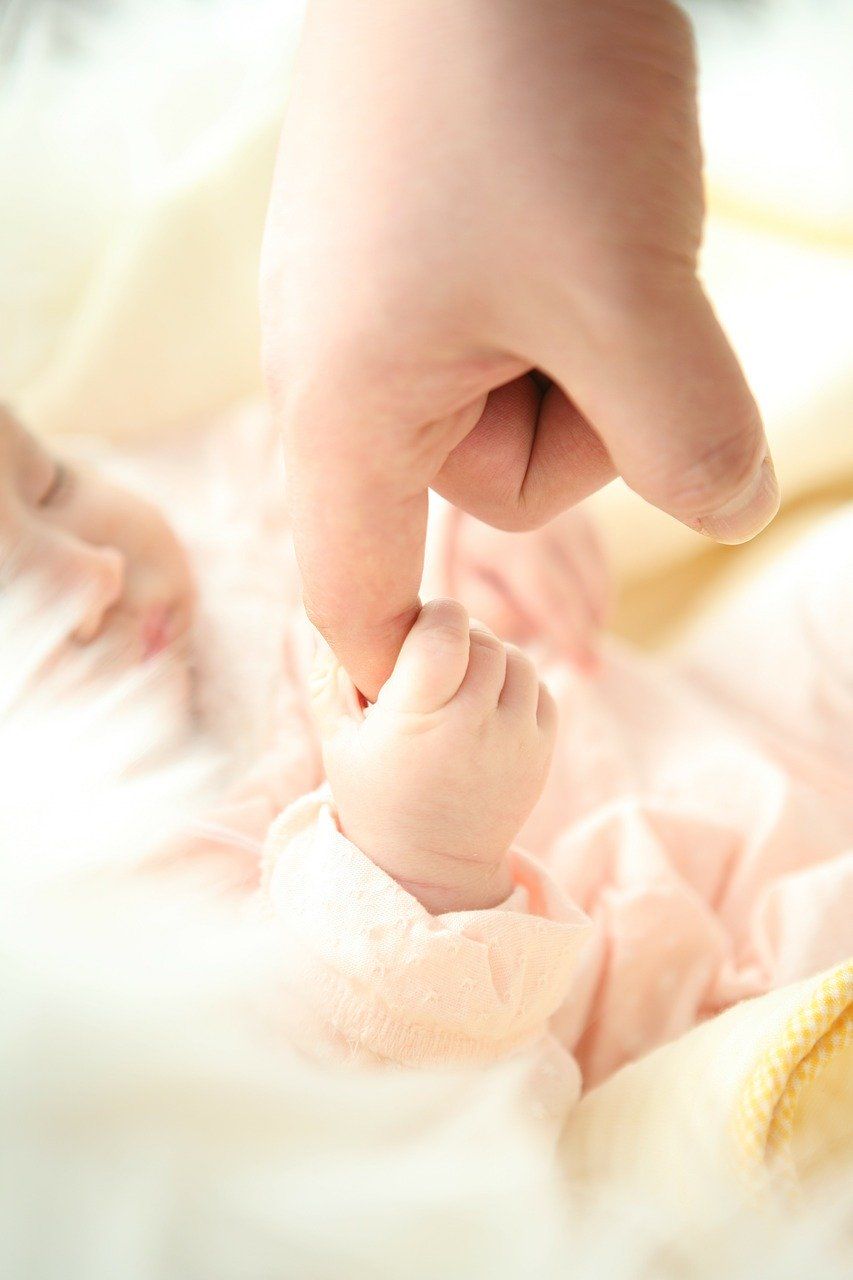Holistic Babies London
When science meets holistic therapies
22. Jan, 2021
Introducing Bottles to the Breastfed Baby
Introducing bottles to an exclusively breastfed baby can be very challenging for parents. Breastfeeding mothers may hear "it's fine. If the baby is very hungry, she will take a bottle!" That is not true, and it brings too much stress to mum and baby!
Here are some tips for introducing a bottle to a breastfed baby:
- Ideal time: around 6 weeks once the milk supply is established (unless it is indicated to offer sooner for medical reasons).
- There is not one bottle better than another: every baby is the different but wide neck; soft teats are better versus small teats (the one found in formula packages or on the ward are small teats and not suitable for breastfed babies).
- Teats are designed for a formula which is much thicker than breastmilk; if the baby is given breatmilk (better as an initiation to bottle), and you notice dripping of milk despite pace feeding (see video below), change the teat for a premature babies size, they are much slower and better suited to breastmilk.
- Prefer a soft teat such as latex or very soft silicone.
- Most babies will only drink a small amount initially, and that's ok, just put back to the breast afterwards.
Steps:
If your baby is used to the breast only, avoid offering a bottle when the baby is hungry, better to breastfeed a little and then offer the bottle.
- Warm up the tea with hot water; breastfed babies get put off by anything cold going near their mouth, you may have to warm up the teat.
- Let the baby suck on a finger for a few seconds to mimic the breastfeeding pattern (baby has to work to get the milk to flow)
- Hold the baby upright, not lying down.
- Let the baby smell the milk by gently placing the teat under their nose.
- Tease the upper lip with the bottle to trigger mouth gaping.
- Only then place the teat in the baby's mouth.
- The baby may twirl her tongue around for a bit before realising what she is supposed to do, be patient.
- Pace feed will protect breastfeeding by avoiding bottle preference, and the baby can control the amount.
Once the baby has drunk from the bottle, and they're still is milk left:
- EBM is fine for another 2h if placed in the fridge post feed (as per CDC guidelines)
- Formula needs to be discarded straight away once contaminated if the baby doesn't want anymore.
If baby still refuses:
- Offer when baby starts stirring but is sleepy
- Dip the teat in breastmilk
- Allow the baby to get familiar with the teat: play with the teat as a game while holding the baby (older babies).
- Trickle milk on the teat once it is by the baby's mouth to incentivise the baby to feed.
- Once the baby accepts the teat, offer the bottle with only a small amount of milk.
Baby still refuses:
- Let baby practise sucking on a dummy/ finger.
- Dip the dummy, finger in some breastmilk.
Don't:
- Force the baby to take the bottle by pushing the teat in her mouth
- Offer the bottle if she is crying, upset, moving her head from side to side.
- Pour lots of milk in the teat; it will overwhelm the baby.
- Try for more than a few minutes when the baby is refusing and unhappy, a distressed baby will then associate bottle feeding with stress which can then lead to bottle refusal.
- We want the baby to develop a positive association with bottle feeding.
Do:
- Be patient; this is all new to the baby; it can take some time to start drinking from a bottle.
- Use breastmilk rather than formula: it tastes very different, so the baby is more likely to drink it.
- Persevere: it is key to success. Once the baby has accepted a bottle, offer one every day to consolidate the skill, then you can space them out as required.
- Take breaks, play and return to the bottle.
- Once they have developed the hand to mouth coordination with older babies, let them play with the bottle, teat. They will automatically put it in their mouth.
- If the baby continues to refuse, try a nursing system (SNS) as it can be a good transition (speak a breastfeeding professional about it).
Older babies and bottle refusal, check:
Stephanie is the founder of Holistic Babies London and has worked for the past 12 years supporting mothers with breastfeeding challenges, both in the NHS and in the private sector. She has completed her required 90 hours of lactation theory and continues to support women in the London area as well as online.
For more information or support, contact:
